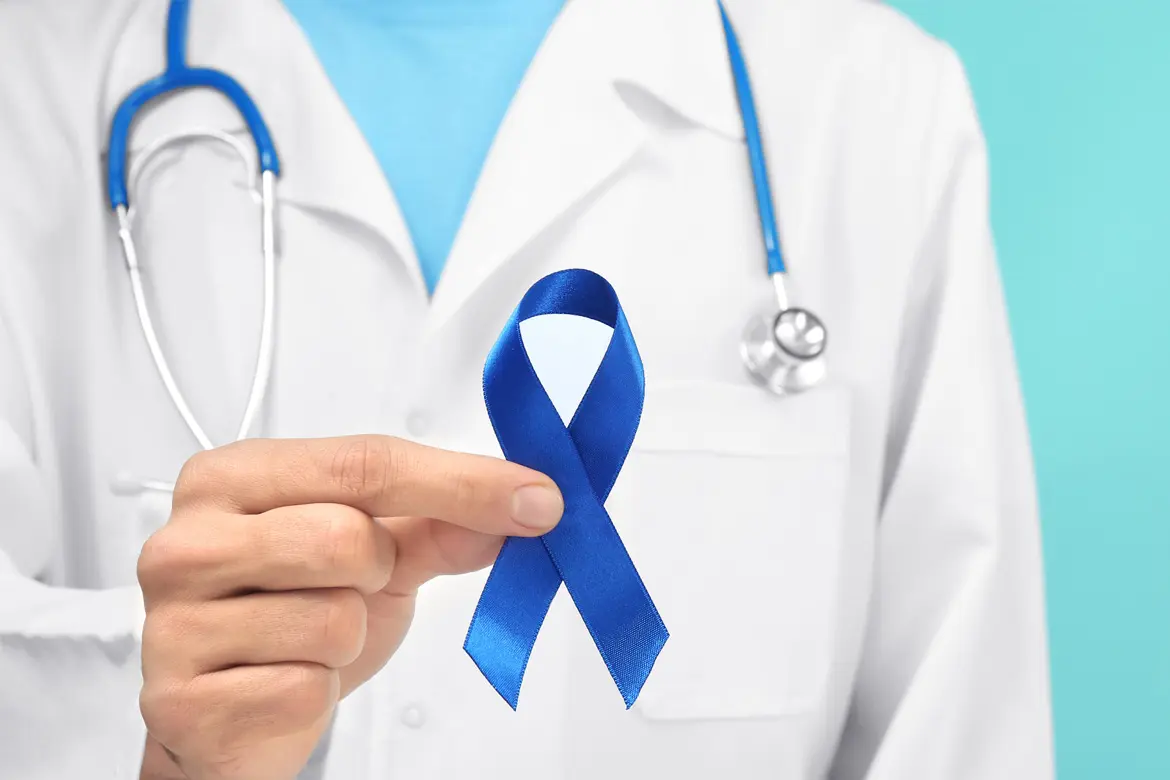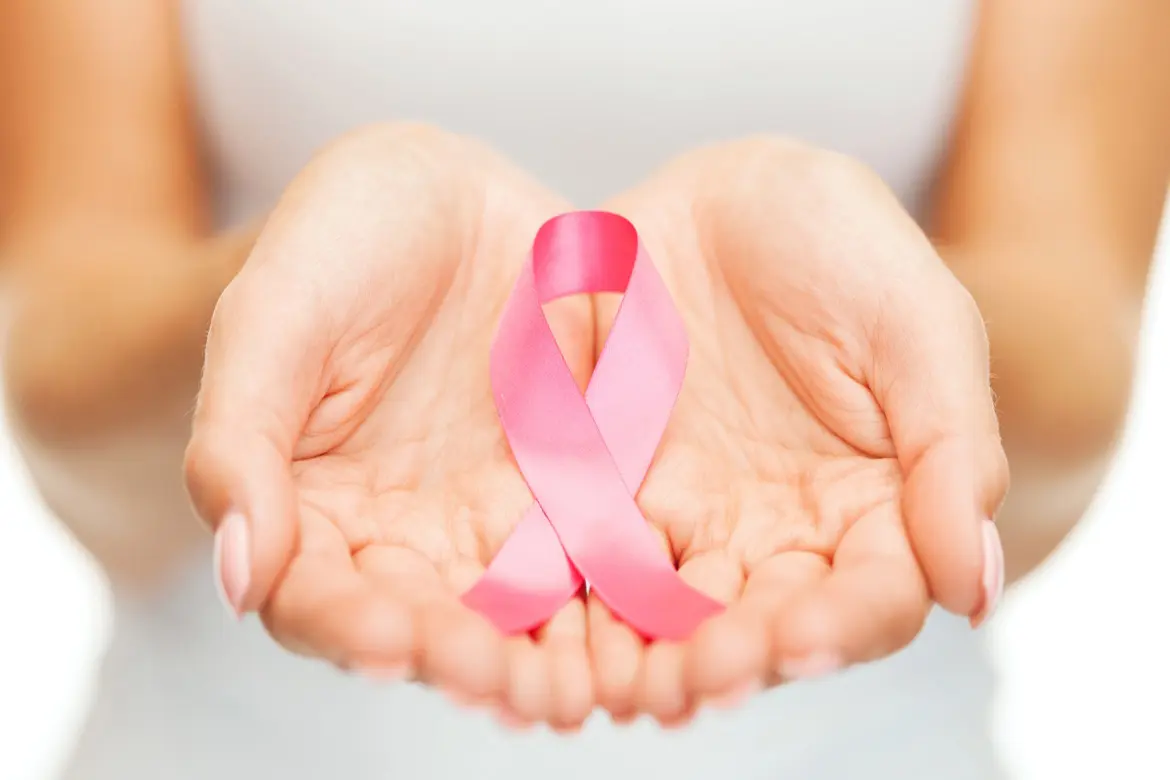-
-
Featured Care Areas


Source: Shutterstock
Understanding Risk Factors for Colon Cancer
Last updated: Thursday, July 5, 2018 | 3 min reading time
Given that colon cancer is one of the leading cancers in Singapore, Louis Yap Wei Ming, clinical dietitian at Mount Elizabeth Novena Hospital, weighs in on why we should keep the possibilities of developing colon cancer in mind, and take action to reduce our risk.
One of the most common signs you should take note of is a change in bowel habits. These include: bleeding (bright red or dark) stools, increased frequency of diarrhoea or constipation, weight loss without any particular reason, or a feeling of not completely emptying your bowels. Usually these symptoms persist for weeks. That is when it is important to get yourself checked. Other risk factors include:
- Being over the age of 50
- Being a colorectal cancer survivor
- Having a family member who has had colon cancer
- Lifestyle choices
- Nutrition (most important)
Make better nutrition choices
Here's what you can do nutrition-wise to reduce your risk of developing colon cancer:
- Include a variety of vegetables and fruits in your diet regularly
- 2 servings of vegetables and fruits each, every day, is said to reduce the risk of developing colon cancer
- 1 serving of cooked vegetables = 100g, ~¼ plate
- 1 serving of fruits = 130g, roughly about a fist size
- Keep up with your fluid intake
- Stay hydrated
- Having sufficient fluids also prevents constipation
- Avoid/reduce your intake of processed meat
- The World Health Organization (WHO) has classified processed meat as a grade one carcinogen
- Replace processed meat with alternative whole-food and protein-rich sources such as eggs, fish, chicken, beans and lentils at meal times
- Reduce your intake of grilled meat
- The interaction of the protein in meat with high heat creates carcinogenic molecules known as heterocyclic amines, which increase the risk of cancer development
- Avoid/reduce alcoholic intake
- The guidelines for alcoholic intake is no more than 2 units for men and no more than 1 unit for women
- 1 unit is equivalent to 1 can (330ml) of beer, 100ml of wine or 30ml of spirits
Your lifestyle matters, too
When it comes to lifestyle intervention, it is important to add more activities into your day. Most of us lead a surprisingly sedentary lifestyle. If we are not on our feet every other 15 minutes, we are pretty much sitting at our desk at work, or on our couch watching television at home. It is easier said than done to get in 30 minutes of physical activity 5 times a week. The truth is, our hectic lifestyle – looking after our families, taking care of our own needs, working – hinders us from engaging in exercise. How is there time? However, if you get on your feet more, move around, and perhaps alight at a bus stop earlier to walk home, you increase the opportunities for physical activity.
If you smoke, you should try to give it up, and if you are considered high-risk for developing colon cancer, it is advisable to go for regular health checks. Otherwise, you know your body best. Always take some time to listen to the signs or symptoms your body presents. Should you notice anything abnormal, speak to your doctor.










